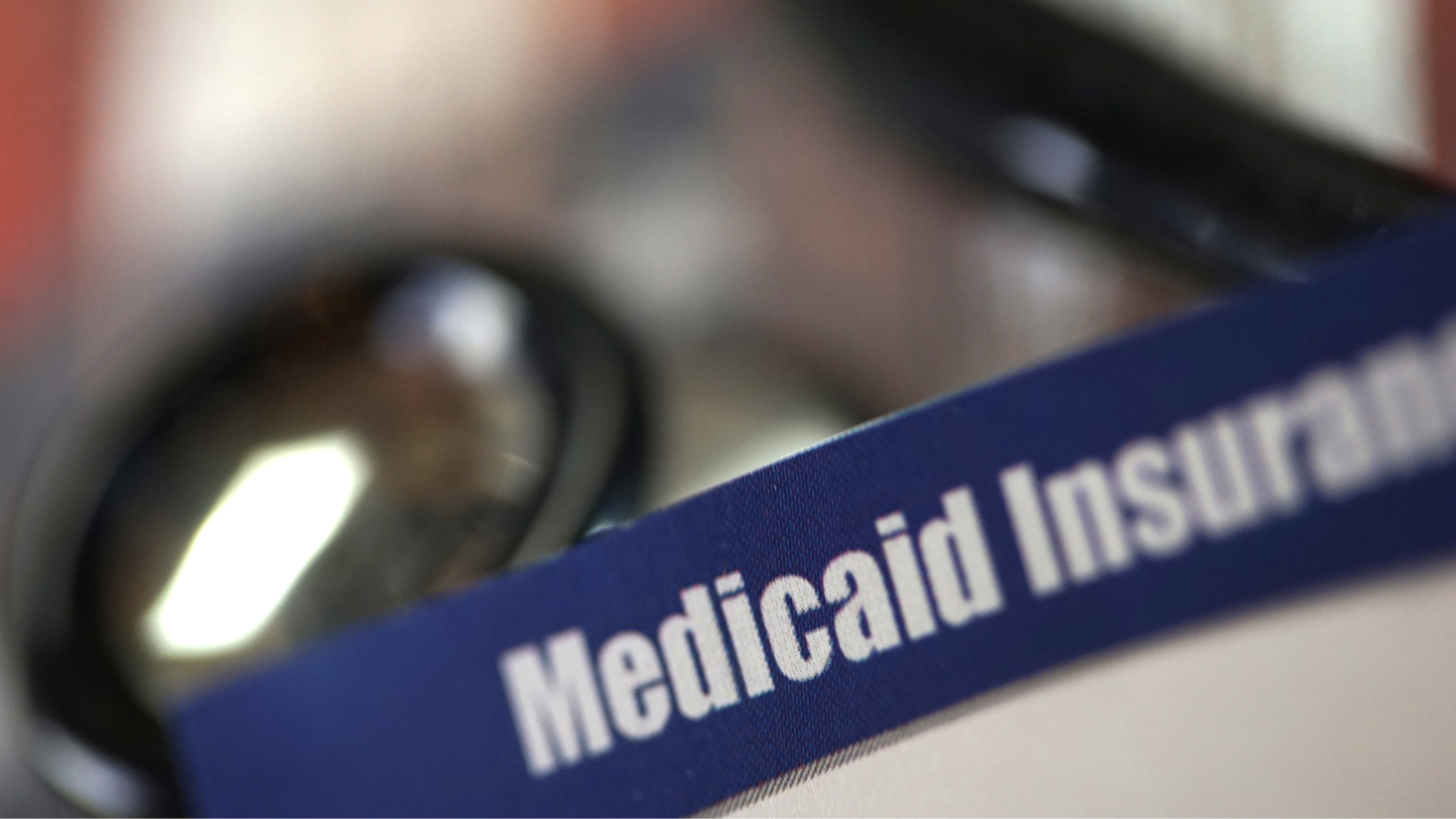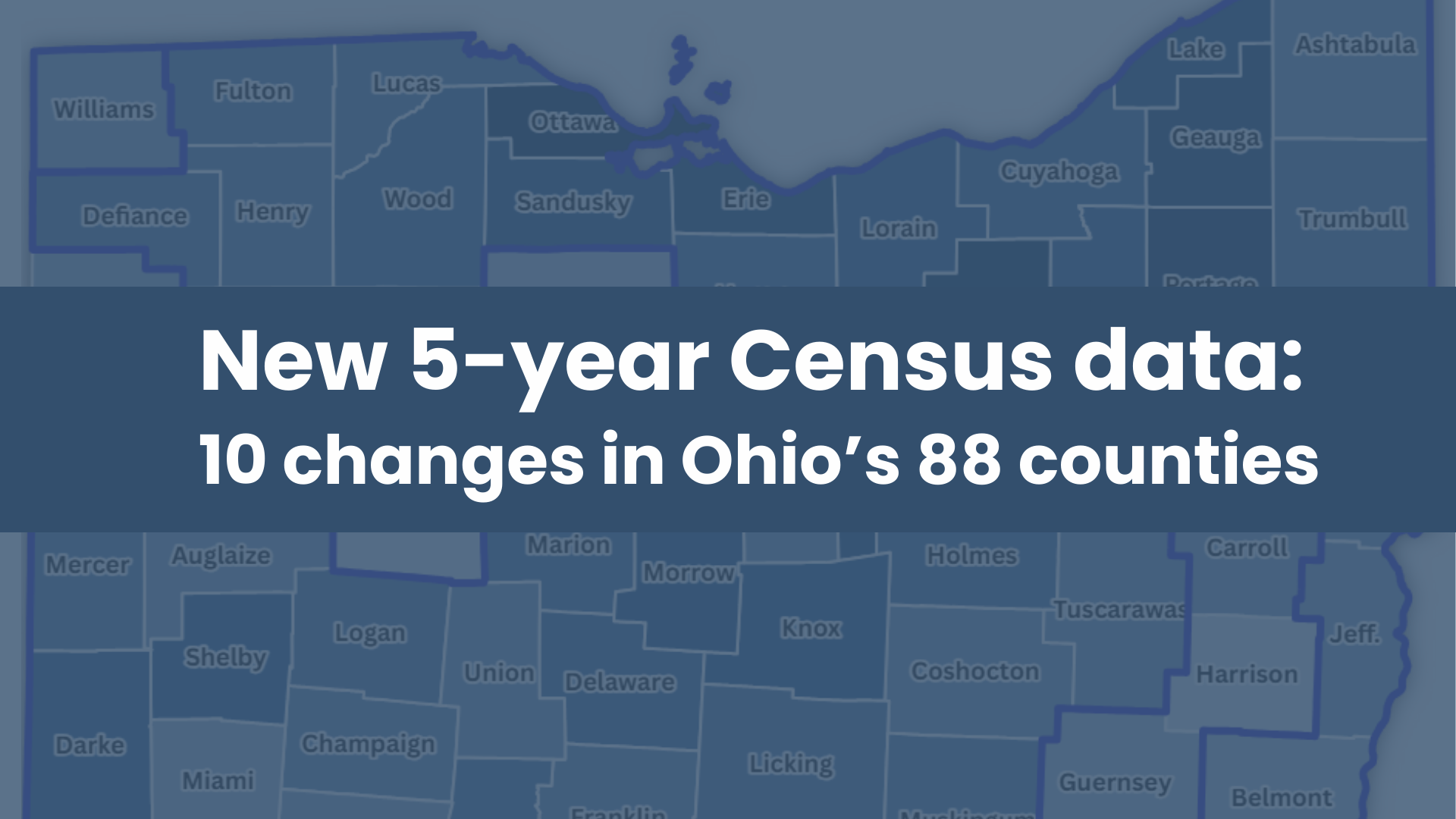All federal payments, including tax refunds, are required to transition from paper checks to electronic methods by September 30, 2025, according to the March 25 Executive Order entitled Modernizing Payments To and From America’s Bank Account. This includes both payments to the federal government, such as loan or tax payments, and payments received from the federal government, such as for Social Security Disability Insurance, Supplemental Security Income, or Veterans benefits.
The Order notes that the Secretary of the Treasury is to grant exceptions to these changes for:
- Individuals who lack access to banking services or electronic payment systems
- Emergency payments where electronic methods are impractical
- Certain national security or law enforcement activities that necessitate non-electronic payments
- Other special cases that may qualify for an exception under other existing laws
Those who are disabled, elderly, and with limited broadband will be hit hardest
The transition away from allowing payments to be sent and received through paper checks will disproportionately affect those who are without access to traditional banking services and those who are disabled, elderly, and living in rural areas with limited access to broadband the hardest.
About one out of every five households headed by someone over the age of 65 is unbanked or underbanked.
According to AARP, about one out of every five households headed by someone over the age of 65 is unbanked or underbanked meaning they don't have access to traditional bank accounts because they either do not have enough money to maintain an account or cite concerns about fees and privacy. People who are underbanked may have a bank account but still primarily rely on alternative banking services, like check-cashing services or other non-bank financial companies, such as PayPal or Venmo, rather than banks.
How will the Administration mitigate harm?
The administration attempts to mitigate the harm that this change will cause in two ways. The first is by allowing recipients to sign up for a Direct Express debit card by calling the Treasury’s Electronic Payment Solution Center. The Direct Express debit card is a Treasury-sponsored debit card where monthly benefit payments can be deposited for recipients to access and use.
While the Direct Express debit card is a legitimate alternative to receiving a paper check for those who lack access to traditional banking services, it does not address the issue of technology and accessing this resource, that many still face.
Access to the internet or traditional banking services should not impede an individual’s ability to receive government benefits that are owed.
The second way the administration tries to mitigate the harm made by transitioning away from paper checks is by partially walking it back. The Social Security Administration (SSA) has announced that it will continue issuing checks for beneficiaries of retirement and disability benefits who have no other means of getting payments, but has not shown how it will determine who can get payments through other means or not.
While the full impact of this change is yet to be determined, we must ensure that benefits are still accessible to all who qualify. Access to the internet or traditional banking services should not impede an individual’s ability to receive government benefits that are owed. The Center for Community Solutions will continue to watch Executive Orders that impact government benefits.







